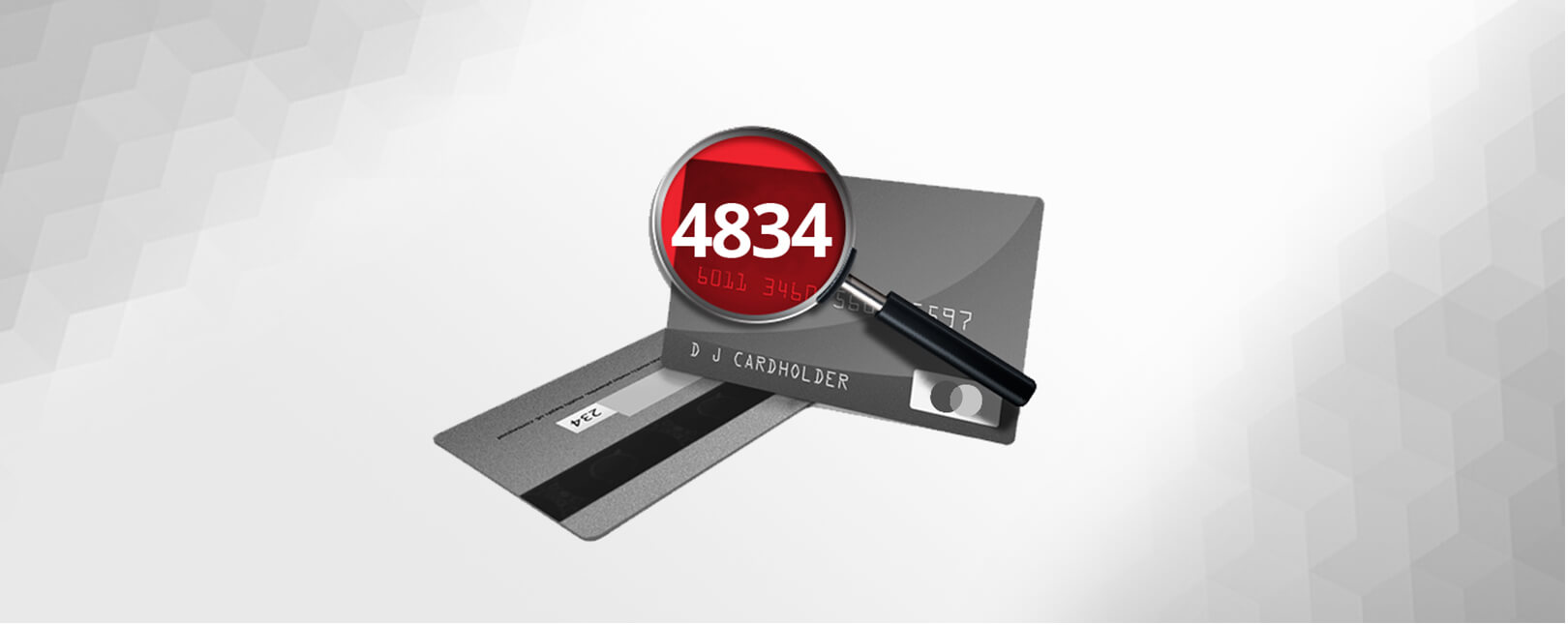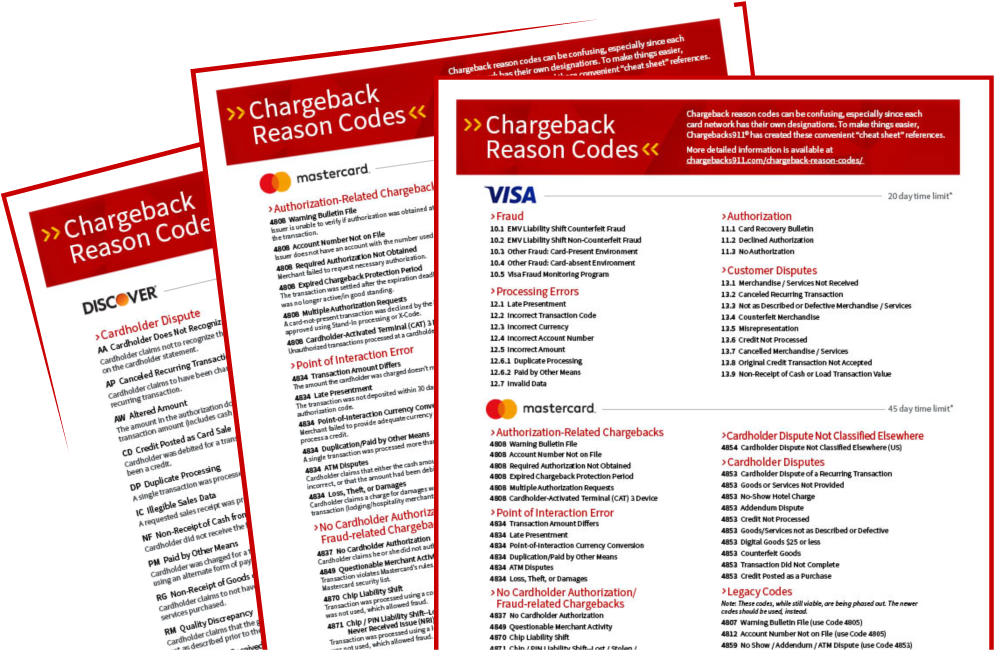Mastercard Reason Code 4834: Charges for Loss, Theft, or Damages
Mastercard Reason Code 4834: Charges for Loss, Theft, or Damages is one of the numeric labels assigned by banks to each customer dispute, indicating the given reason for the claim. We say the given reason because it may or may not reflect the true reason.
Under certain circumstances, Mastercard may allow consumers to reverse a payment card transaction by filing a chargeback. Chargebacks were designed to be a “last-resort” for disagreements that cannot be resolved with the merchant. However, they’re more and more often used as a tool to commit fraud.
Reason code 4834 indicates the broad category “Point of Interaction Errors,” which generally means something went wrong with the transaction itself. The code can be used in multiple specific situations, many of which had their own individual codes at one time. Loss, Theft, or Damages chargebacks, for example, formerly fell under legacy reason code 4859, which should no longer be used.
When necessary, an additional message will be provided along with the reason code to inform the merchant which particular type of chargeback applies to the claim. In claims featuring a 4834 reason code, one of the possible causes is “Charges for Loss, Theft, or Damages.”
Should Merchants Worry About Reason Code 4834 Chargebacks?
Chargeback questions? We have answers. Click to learn more.

What is a Charges for Loss, Theft, or Damages Chargeback?
A chargeback with reason code 4834 may refer to disputes in which a charge for damages is processed in the same transaction as the original cost. These cases specifically refer to lodging merchant services, such as rental cars, hotels, motels, and the like.
The term “damages” in this case could mean actual, physical damage (a hotel room is wrecked, for example). It may also refer to loss of earnings; for example, if a battery died in a rental car because the customer left the headlights on, resulting in the vehicle being out of service. Outright theft (i.e. stolen hotel robes or towels) could also qualify.
Any additional expenses, such as charges for damage, must be processed separate from the original or underlying transaction. Simply adding a damage charge to the initial charge sets the merchant up for a charges for loss, theft, or damages chargeback.
A lodging merchant has the right to charge a customer for these losses in most cases. However, specific regulations must be followed. For instance, a charge added to a reservation in anticipation of future damages may, on the surface, appear to require a loss/theft/damages chargeback. In reality, the claim would fall under a different aspect of reason code 4834 (specifically, Transaction Amount Differs).
Likewise, even if a second transaction is used for a damages charge, the chargeback would fall under the “Transaction Amount Differs” reason if the damages were not itemized and/or the charge was not authorized by the cardholder. The lodging merchant must have provided a transaction receipt that includes the estimated amount charged for repairs for the cardholder to file a loss/theft/damages chargeback. The merchant must also provide notice that the final amount will be adjusted upon completion of the repairs.
Loss, Theft, or Damages Chargebacks: Conditions and Prevention
Issuers have a limited timeframe in which to file chargebacks claiming an error relating to loss/theft/damages transactions. Disputes must be filed within 90 calendar days of the transaction processing date.
Obviously, if a business regularly receives legitimate disputes coded as Mastercard Reason Code 4834: Charges for Loss, Theft, or Damages, then there’s a problem that needs to be addressed. The good news is that, because legitimate chargebacks with this reason code are the result of merchant error, they should be 100% preventable. Merchant can protect themselves by taking these simple precautions:
- Never put a charge for damages on the transaction processed for the original rental agreement.
- If an additional charge for loss, theft, or damages becomes necessary, be sure to process two distinct transactions: one for the initial service, and another for the damages.
- As part of the rental contract, present written documentation that explains all circumstances that would lead to an additional charge for loss, theft, or damage.
- Have the cardholder sign-off on the terms of service before processing the initial transaction.
Vigilance and training are the keys to preventing these errors. Be certain that staff members understand the correct way to process transactions under these circumstances.
Chargeback Prevention: A Wider View
While merchants can take many steps to help prevent legitimate claims, fraudulent chargebacks are another matter. Friendly fraud is post-transactional in nature, meaning there’s no sure way to identify it beforehand. Merchants can do everything “right,” yet still have a dispute filed against them.
It’s generally more efficient to take a proactive stance when it comes to chargeback management. However, a truly-effective strategy must encompass both preventing chargebacks and disputing cases of friendly fraud.
Chargebacks911® can help your business manage Mastercard Reason Code 4834: Charges for Loss, Theft, or Damages chargebacks. We handle all chargeback reason codes with proprietary technologies and experience-based expertise. Contact us today for a free ROI analysis to learn how much more you could save.










